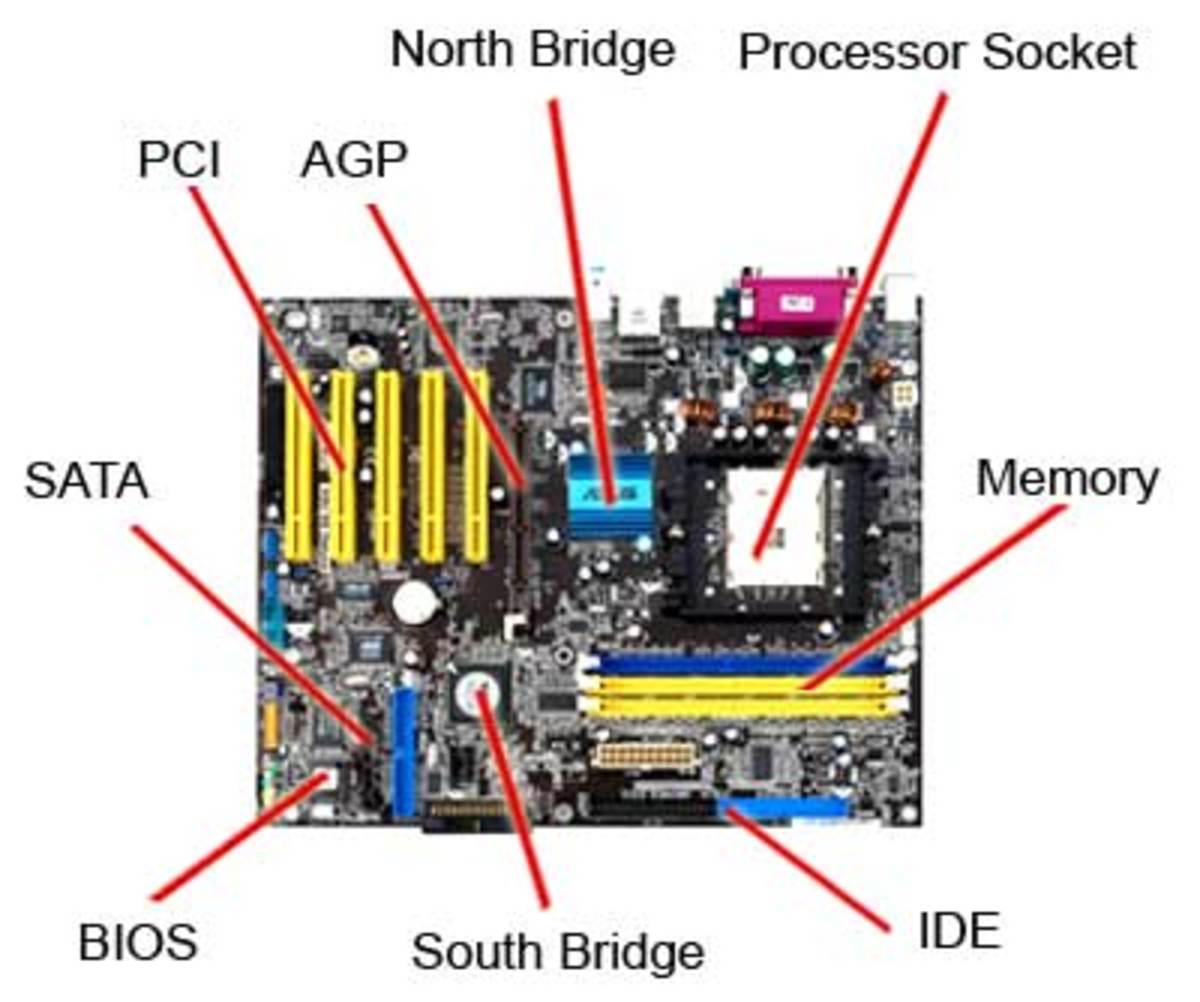5 Reasons Not to Fix a Computer For Free
As a computer guru, it is in our nature to find that ever elusive solution, to solve the next puzzle. We become obsessive in trying to find the answer to every single problem that comes are way. Even if it is fixed we still want to know who, what, why and how it happened. This is what makes excellent techs valued because they are able to isolate a problem define it and know how to fix it. The problem is when outside forces are asking to use this service we specialize in on a pro-bono arrangement.

We have all had the mistaken mishap of saying “sure we can fix your computer problem” to relatives, neighbor, a client, or a pretty face. It some instances it can be a rewarding experience because they will say thank you or maybe buy you a beer. The reality of this particular situation is one that would normally be a straightforward explanation and fix. Than going in to fix something that should have taken 5 min but now has turned into an hour. Not like we all saw that one coming right in front of us right?
1. You Break it, You Bought it.
The worst thing about agreeing to have to fix something on a computer, is that it can cause it to turn a lot more complicated. For example, you and your relative agree on you fixing a small clearly defined problem on their machine. This is a verbal contact of you agreeing to do this one thing. So, you sit down and fix the problem. Within the same time period, or soon after something else breaks. What’s the end result? The relative calling you up asking “why you did not fix it.” Or something else totally unrelated happened but since you were the last one on the computer of course the blame will go to you.
This is the main reason why you should charge money for services provided even if it is a relative. You are now obligated under the verbal contract to warranty your work even if the problem has nothing to do with the original. You broke it, so you bought it mentality is stuck in their head, so they get the value of your time while you get the expense and headache of listening to them.
2. People do not respect things that are “Free”
Along time ago, I was reminded by my parents that if they give me something that I have not worked for in other words “free” I will not respect it as much. Guess what? I took a lot better care of the bike that I worked hard for than the one that was given to me. So, they had a point
Free advice, Free upgrade, and Free food. Free advice is something everyone gives but no one wants to here. That free upgrade was probably on your list to get anyway, and the free food probably was just to entice you to get more free advice. So, the food never tastes as pleasurable anyway.
The concept here is that people place a value on service dependent on the amount of money that was exchanged. When someone goes to the doctors and finds out their bill was $300. You know it is based on education, knowledge and experience that they are able to charge that much. This is why doctors and other professionals are able to get away with charging higher premiums for their specialized services.
Other things in life are the same way cars, merchandise, entertainment the more popular and better quality they are the more you are going to pay for it.
3. Once a favor is done, They expect it forever
If, you have ever watched “matlock” on TV or any other judicial process, have you ever noticed how at times the judges or lawyers refer to a previous case that was settled? This happens in real life as well not just on TV if referred to a previous decisions in a case then the chances are if the same issue arises when it will be observed the same way by the court.
Basically, once you have done one “favor” and fixed your friends, relatives, or client’s computer for free then the expectation is set that you will probably do it again. They have no reason to respect your time or education that you have put in learning everything you know about computers. All of this because you fixed their computer for “Free” the first time!
So, always set the expectations up the first time and help them understand that your time is valuable, you’re a professional, and you can warranty your work. But, being done for “Free” does not put food on the table, pay the electric, or value your time. Even, if they offer resistance let them know that you are standing your ground, and they can either pay you or someone else to fix it. Remember, you are a paid professional computer technician and Professionals get paid the same way in this field as in other professional fields.
4. The demands will only grow with time.
I guess the old saying holds true, in that if you give an inch they will take a foot. When you fix something for free and a couple of OS upgrades, 17 viruses and a new printer setup later you are still doing it for Free. Once you have fixed everything or upgraded them, they will call you for every little nit-picking thing that is just as easily Googled. They will become like a leech and so your time and resources are no longer respected. The idea here is to set expectations up front, if you do they will be more respectful of your time and resources so that you can also get back to business as usual.
5. It gets harder to ask for money.
Working and not getting paid is eventually going to weaken your stance as a professional consultant. This is already a difficult task when you are a consultant. I have known many that will not ask, only later to email or send a customer a quiet bill hoping that they will pay it. This is not a reliable way to run a business purely on “hope.” If, you do not ask for money or clearly set your expectations and prices up front there no one will just hand you a check. Always set your expectations clearly and let your clients know that you are doing it openly and with confidence. This not only helps your credibility but also your standing as a true professional who wants to get paid for their time and resources.










